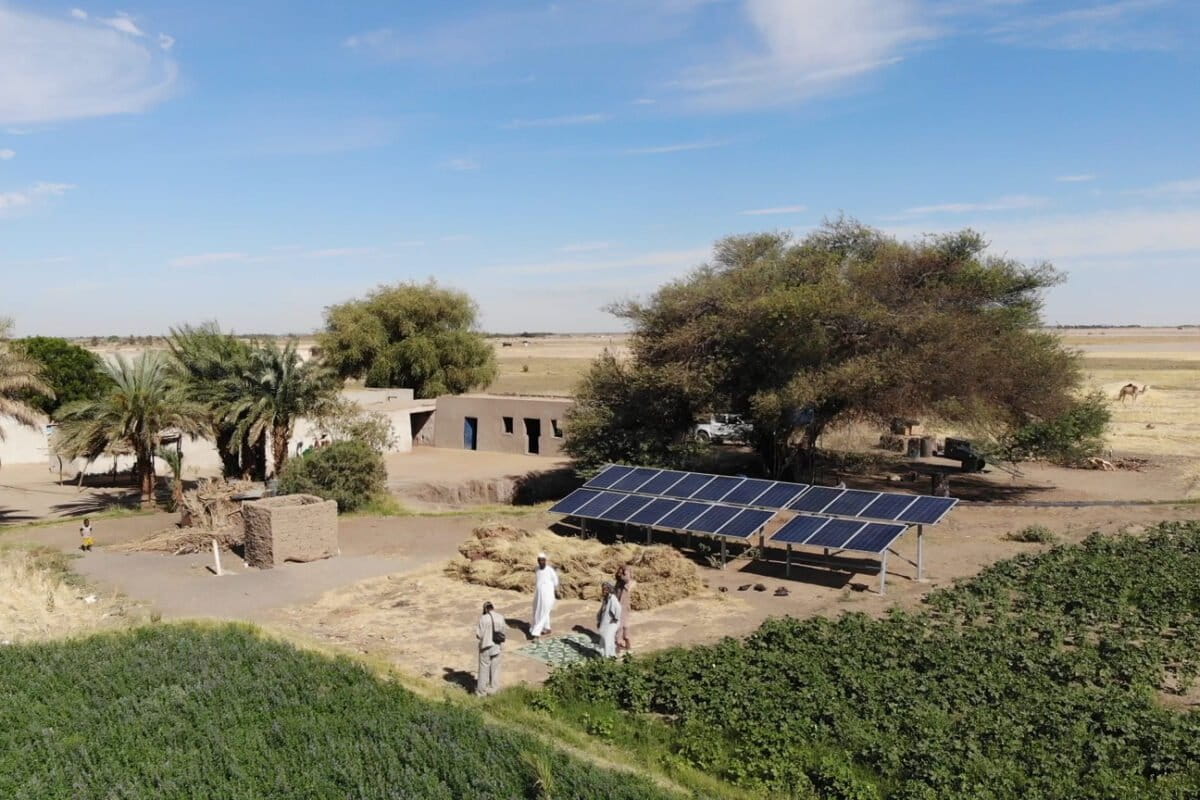China to spend $175 billion on the environment
China to spend $175 billion on the environment
mongabay.com
July 18, 2006
China plans to spend about $175 billion protecting its environment over the next five years according to a report from BBC News.
The money will be used to reduce pollution, improve water quality, and cut soil erosion.
China has some of the world’s most polluted cities and waterways. A December 2005 report from the Chinese government said some 300 million Chinese drink unsafe water tainted by chemicals and other contaminants, while a nationwide survey found that about 90% of China’s cities have polluted ground water. Meanwhile, a 2005 study by the World Health Organization (WHO), reported that seven of the world’s ten most polluted cities are in China and almost two thirds of the country’s largest cities fail to meet the organization’s air quality standards. Further, China is the planet’s largest emitter of sulfur dioxide and acid rain plagues about a quarter of the countryside. The World Bank estimates that pollution is costing the country 8-12% of its $1.4 trillion GDP in direct losses.

|
In recent years China taken a number of steps to reduce environmental degradation. The government has banned logging, spent $190 million on environmental protection along the new Golmud and Lhasa railway, initiated a reforestation project that would plant an area of forest the size of California, and invested billions in renewable energy technologies including wind, solar, and biofuels, setting a target of 12 percent of its power generation capacity coming from renewables by 2020 — up from a 3 percent in 2003. The government’s interest in reducing China’s use of petroleum products extends beyond environmental and health concerns; it sees both the strategic value of mitigating its reliance on foreign oil and the economic advantages of being on the technological leading edge of energy production.
Government control facilitates environmental action
China’s environmental mobilization may be made easier by the government’s strict control over the country.
“When the government decides it wants to protect the environment, it doesn’t worry about the concerns of local people, it just goes ahead and does what it needs to suit its goals,” said Ling, a Chinese national who spoke on the condition that her full name not be used.
Nevertheless, it is evident that the Chinese government is increasingly concerned that the country’s environmental problems will eventually impact its booming economy.
China Faces Water Crisis — 300 million drink unsafe water
About 300 million Chinese drink unsafe water tainted by chemicals and other contaminants according to a new report from the Chinese government. A leading government official said the greatest non-drought threat to China’s water resources, is chemical pollutants and other harmful substances that contaminate drinking supplies for 190 million people.
Renewable energy in China, a strategic future?
With a host of environmental and domestic social concerns — and potential future international conflict — China could be well suited to pursue renewable energy sources. While China has been actively investing in exploration and development operations in Africa, South America, and other parts of Asia over the past five years, China has also significantly expanded its interests in renewable energy sources including wind, solar, biofuels, tidal, and small hydroelectric dams.
China’s glaciers shrinking by 7 percent per year
The glaciers of China’s Qinghai-Tibet plateau are shrinking by 7 percent a year due to global warming according to a report from Xinhua, the state news agency of China.
Timber hungry China moves into Africa
China, as the fastest growing economy in the world, is poised to make significant impacts on the global market and the global environment, especially with its expanding involvement with nations rich in natural resources but deficient in economic and political stability. Nowhere is this more apparent than in Africa where China has rapidly bolstered its ties in recent years with the majority of the continent’s 54 nations.
Venture Capitalists, China and Green Technology
A Bay Area venture capitalist with a storied past, has set his sights on “green technology” and ultimately China, after some compelling remarks from state representatives at a recent conference. Early this spring, Chinese officials named solar and clean coal technologies as two of their three pre-eminent priorities for investment and development in the near future. For a country with burgeoning energy needs surpassing what power is presently available, this is both realistic and positive news for environmentalists and economists alike. Hoping to capitalize, John Doerr and his associates are now funneling cash into the emergent green technology sector, which he, and an increasing number of other investors believe to be the next big thing.
China and India Key to Ecological Future of the World, Says Report
Earth lacks the energy, arable land and water to enable the fast-growing economies of China and India to attain Western levels of resource consumption according to a new report released by the Worldwatch Institute In its “State of the World 2006” the environmental think tank says China and India, are becoming not only economic powers, but “planetary powers that are shaping the global biosphere” and affecting world economic policies. “The world’s ecological capacity is simply insufficient to satisfy the ambitions of China, India, Japan, Europe and the United States as well as the aspirations of the rest of the world in a sustainable way,” says the report.














